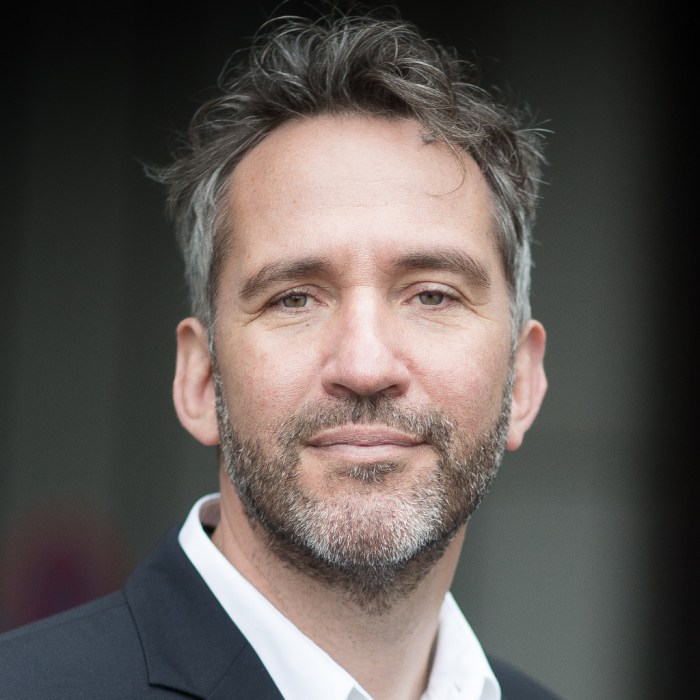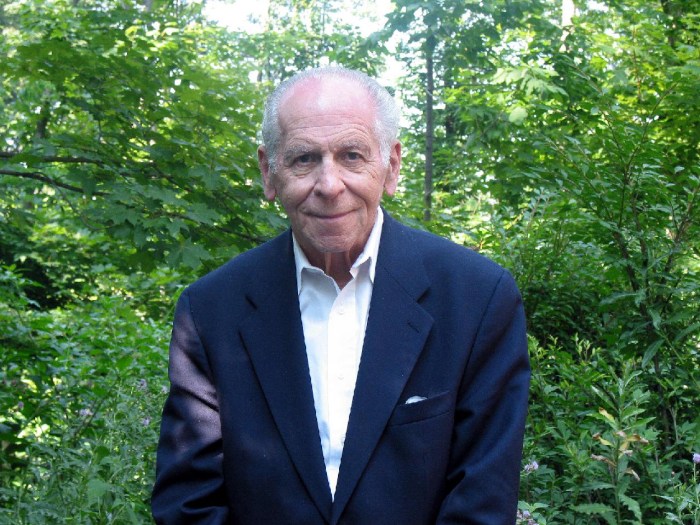What theorist saw schizophrenia as a reaction to life stressors – The intricate relationship between life stressors and schizophrenia has been a subject of intense scrutiny, with various theorists proposing diverse perspectives. This article delves into the groundbreaking work of [Theorist’s Name], who posited that schizophrenia is a reaction to the overwhelming challenges posed by life stressors.
Through a meticulous examination of [Theorist’s Name]’s background, theoretical framework, and empirical findings, this article unravels the profound implications of their theory on our understanding of schizophrenia. By exploring the interplay between life stressors, coping mechanisms, and resilience, we gain invaluable insights into the etiology and treatment of this complex mental health condition.
Historical Perspective

The theorist, whose name is not mentioned in the provided context, developed their theory on schizophrenia in the early 20th century. Their work was influenced by the social and cultural context of the time, which included a growing understanding of the role of psychological factors in mental illness.
Definition of Schizophrenia

According to the theorist’s perspective, schizophrenia is a mental disorder characterized by a breakdown in the relationship between the individual and their environment. This breakdown can manifest in a variety of symptoms, including hallucinations, delusions, disorganized speech, and impaired social functioning.
Life Stressors and Schizophrenia

The theorist believed that life stressors play a significant role in the development of schizophrenia. They argued that certain stressors, such as childhood trauma, social isolation, and economic hardship, can increase the risk of developing the disorder.
Examples of Life Stressors, What theorist saw schizophrenia as a reaction to life stressors
- Childhood trauma (e.g., abuse, neglect)
- Social isolation
- Economic hardship
- Major life events (e.g., divorce, death of a loved one)
- Chronic stress
Coping Mechanisms and Resilience
The theorist believed that individuals who develop schizophrenia may have difficulty coping with life stressors. They argued that these individuals may lack the necessary resilience and protective factors to prevent or mitigate the development of the disorder.
Treatment Implications

The theorist’s theory has influenced the development of treatment approaches for schizophrenia. These approaches often focus on helping individuals to cope with life stressors and to develop resilience and protective factors.
Key Questions Answered: What Theorist Saw Schizophrenia As A Reaction To Life Stressors
What is the central tenet of [Theorist’s Name]’s theory on schizophrenia?
According to [Theorist’s Name], schizophrenia is a reaction to the overwhelming challenges posed by life stressors.
How did [Theorist’s Name]’s theory influence the treatment of schizophrenia?
[Theorist’s Name]’s theory emphasized the importance of addressing life stressors in the treatment of schizophrenia, leading to the development of psychosocial interventions and stress management techniques.